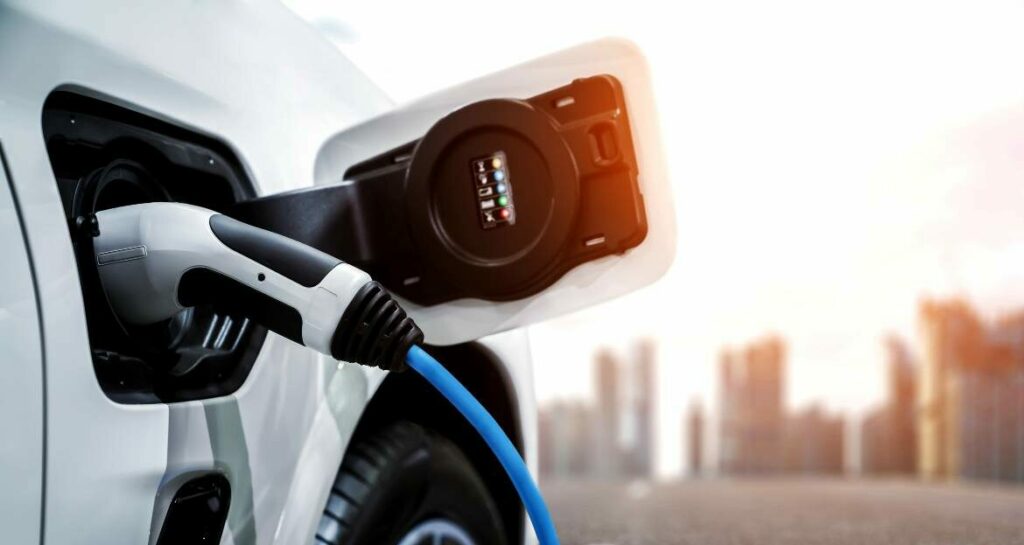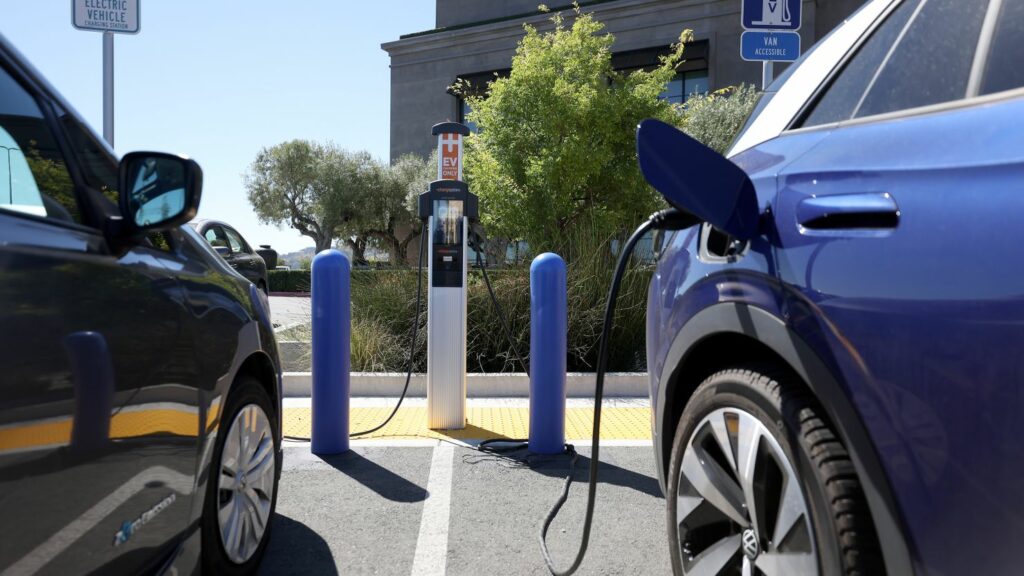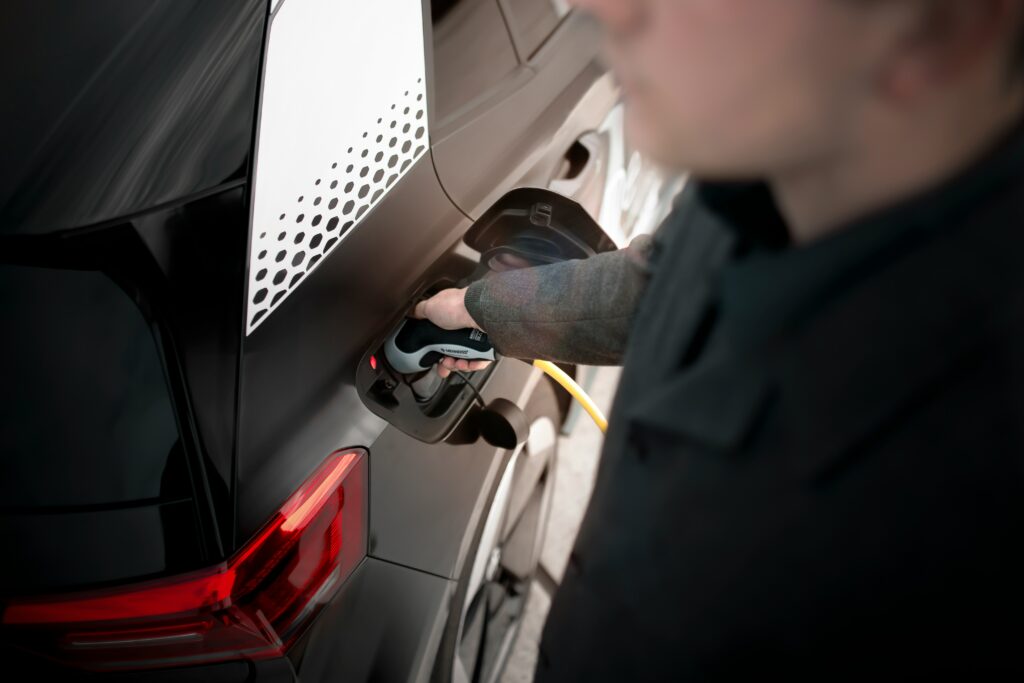It seems that amid the sound and fury of the daily or even hourly news cycle and the devastating putdowns on social media involving clichéd vulgarity, the problem of energy being scarce and getting dangerously expensive has not gone away. Nor has the human capacity to approach such a crisis, make a calm assessment of the situation, and then suggest ways to make it worse. Thus the New York Times chortles “California to Ban the Sale of New Gasoline Cars/ The decision, to take effect by 2035, will very likely speed a wider transition to electric vehicles because many other states follow California’s standards.” And Justin Trudeau says there’s no business case for Canadian exports of LNG to Europe, presumably because he, Gavin Newsom, Barack Obama, Olaf Scholz etc. have done everything possible to stifle the hydrocarbon industry. So where is California going to get enough electricity given the already parlous state of its grid? And how will Germans keep warm once they discover that the warm glow of green purity doesn’t actually heat the house?
NBC celebrated that “California regulators vote to ban the sale of new gasoline-powered cars by 2035/ There are still some wrinkles to iron out, but regulators hope the move will encourage more drivers to buy battery-electric and hydrogen-electric vehicles” as “the state looks to aggressively tackle the climate crisis.”
Some “wrinkles”. Like why is it regulators voting not legislators? (We’re old-fashioned that way.) And why is a grid that can’t meet existing demand being asked to increase capacity enormously, while waiting for the hydrogen fairy to wave her magic wand and make that stuff finally work? Oh, and the bit where “Drivers will still be able to operate previously owned gasoline-powered vehicles, as well as buy used gas-powered vehicles.” Gee thanks. The people planning to pull a trailer on their move out of state are no doubt grateful.
An outfit called “Grid”, which isn’t exactly climate skeptic, notes that California’s measures are even more ambitious than they might seem: “35 percent of new vehicle sales would need to be free of fossil-fuel emissions by 2026, with the target rising to 68 percent in 2030.” And while the usual suspects are giddy over the decision, Grid notes “it won’t be easy. A closer look at the vehicles used by Californians highlights the challenge of such an ambitious transition, even in a state that’s led the nation in environmental regulations involving vehicles.” You think all those celebrities are going to give up their limousines?
Meanwhile even a New York Times columnist observed that “I don’t think many Americans appreciate just how tense and tenuous, how very touch and go the energy situation in Europe is right now.” After noting that in August Brussels requested “that member states reduce gas consumption by 15 percent – quite a large request and one that several initially balked at” because of the heat wave pushing up demand for air conditioning, he conceded that “These are all fast-twitch responses, primarily designed to allow a continent panicked about keeping its people and homes warm and its economy humming through the winter to store a little bit more of the gas it has already acquired for use when the crunch really comes.” The continent that invented climate emergency declarations and marched to demand an end to fossil fuels is now panicked about the prospect of not having fossil fuels as winter approaches.
Nor is there any light at the end of the Chunnel where Britain’s Conservative party decided to celebrate a historic breakthrough in the working-class midlands by setting energy bills on fire and with it their own hair, specifically Boris Johnson’s mass of pellicular tinder. Instead the Labour Party has charged in with calls to freeze energy prices, presumably because price controls worked so well in the 1970s. “Zap, you’re frozen,” we would say if only everyone was as interested in Canada as Canadians often imagine and remembered Pierre Trudeau’s devastating campaign putdown of the idea, which he then adopted as soon as he won the election back in 1974. We’d also say that’s how stale price controls are, except of course that they infamously face-planted under Diocletian 1,700 years ago (“the Edict on Maximum Prices (301), his attempt to curb inflation via price controls, was counterproductive and quickly ignored”, Wikipedia notes tersely.)
So naturally Guardian columnist Andy Beckett loves the idea, calling it a political and policy winner. (Despite his having studied history, we note sadly, along with journalism, we note even more sadly.) He can’t wait for a lot more price controls to stop inflation, a condition caused by too much money chasing too few goods, by further limiting the supply of… goods.
It’s not that the problem isn’t real. The Telegraph reports that “School leaders are considering three or four-day weeks to pay for teacher salary rises and crippling energy costs… Headteachers, trustees and governors are holding “crisis meetings” during the summer holidays to work out how to keep schools afloat in the autumn term.” And a recent survey reported in Business Matters (“UK’s leading business magazine”) saying about two-thirds of pubs are likely to close over the winter in the face of soaring energy bills. The pub owners might be suspected of exaggerating the situation but not of inventing it, and if the real number is only half or one-third it’s still an economic disaster which can only be averted by getting more energy, not by reducing the price of the insufficient existing supply.
A pub without heat or light is closed either way. And while it is understandable that European workers including British teachers would demand higher pay, even strike for it, to help them afford rising bills, such actions are a zero-sum game. What’s needed is more energy, not more claims on an insufficient supply. Which predictably is what most unimaginative politicians including Britain’s current Labour Party leader think is the only conceivable solution.
OK, let’s be fair. Britain’s former Labour Party leader, and Prime Minister, Gordon Brown, managed to think of a far worse idea: as the Guardian noted enthusiastically “Gordon Brown says energy firms unable to offer lower bills should be temporarily re-nationalised”. Yeah. “Temporarily.” Those who study history so as not to repeat it will recall that the Labour Party kept wartime rationing in place in Britain “temporarily” after World War II, just until the shortages went away, which took longer than the war. It was only finally removed in 1954, by the Conservatives, who themselves took three years to act on their 1951 election pledge. It seems obstructing market signals creates shortages instead of relieving them. Rinse and repeat.



Given the lack of serious effort in planning for the essential increased energy, grid, mineral, and infrastructure, and the highly unlikely Gang Green acceptance of the required mining footprint, the only serious part of the agenda seems to be to end the ICE era. The skeptic in me would agree with you and conclude that the goal was and is to eliminate the personal automobile from the serf (former middle) class.
During the 1974 Canadian election, P. E. Trudeau trolled Bob Stanfield and his 'wage & price' control plan at every opportunity. My parents were enthusiastic Liberal party workers. We celebrated the Trudeau victory. A short time later , my 17 year old mind was turned upside when Trudeau did an about face and imposed the very market controls that he said he would never impose! I havent trusted any politician since. ( especially ones named Trudeau)
PET fooled many people but many of us saw through it. Not enough though. Not to criticize your 17 year old mind though. You had a lot to learn and looks like you have done so.
CA currently sells about 1.75M cars/year based on the last 10 years sales. CA has a high uptake on EVs with about 7% of sales. So they need to quadruple sales in 4 years to meet the 612k EV sales target for 2026, double again by 2030 to get to 1.2M EV sales, then add another .5M by 2035. And that will also require they build roughly the equivalent of two equivalents of the largest US nuclear power plant (6 new reactors) in the next 12 years to supply the energy for those cars since they are at, or a little above, capacity currently. And it needs to be reliable so no wind or solar, the electricity will need to be available each and every day of the year (based on the Ford Mustang EV energy use per 100 miles driven and the average US miles driven according to Edmonds). Plus the additional transmission lines to carry the load, and the extra neighborhood infrastructure since currently it isn’t designed to handle that draw capacity. And the US has only two reactors under construction, the Vogtle 3&4 reactors in GA that have been under construction since 2010 and may get fueled next year (and cost an estimated US$27B). These regulators didn’t think about this, they just brain farted in the general direction of the California population.